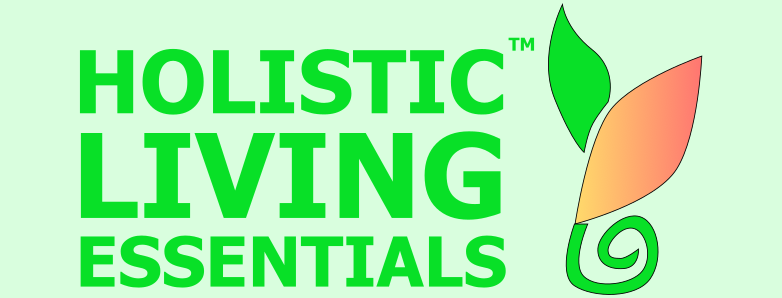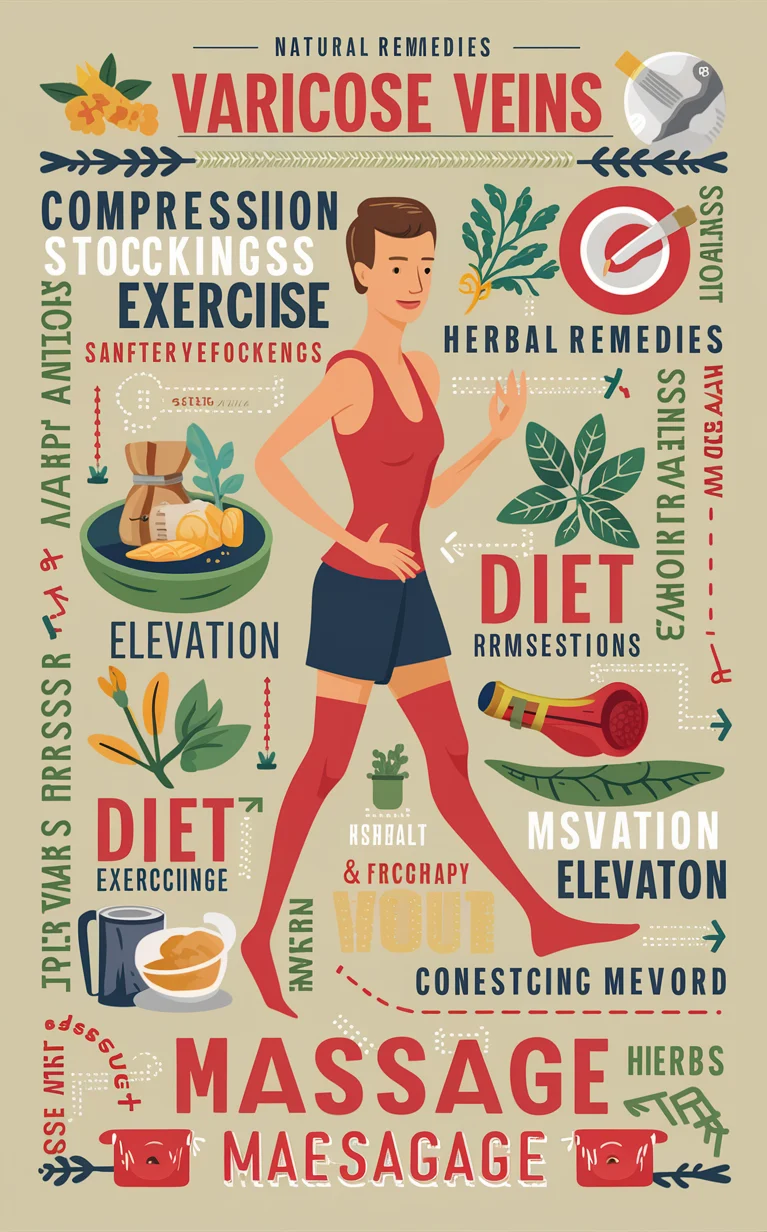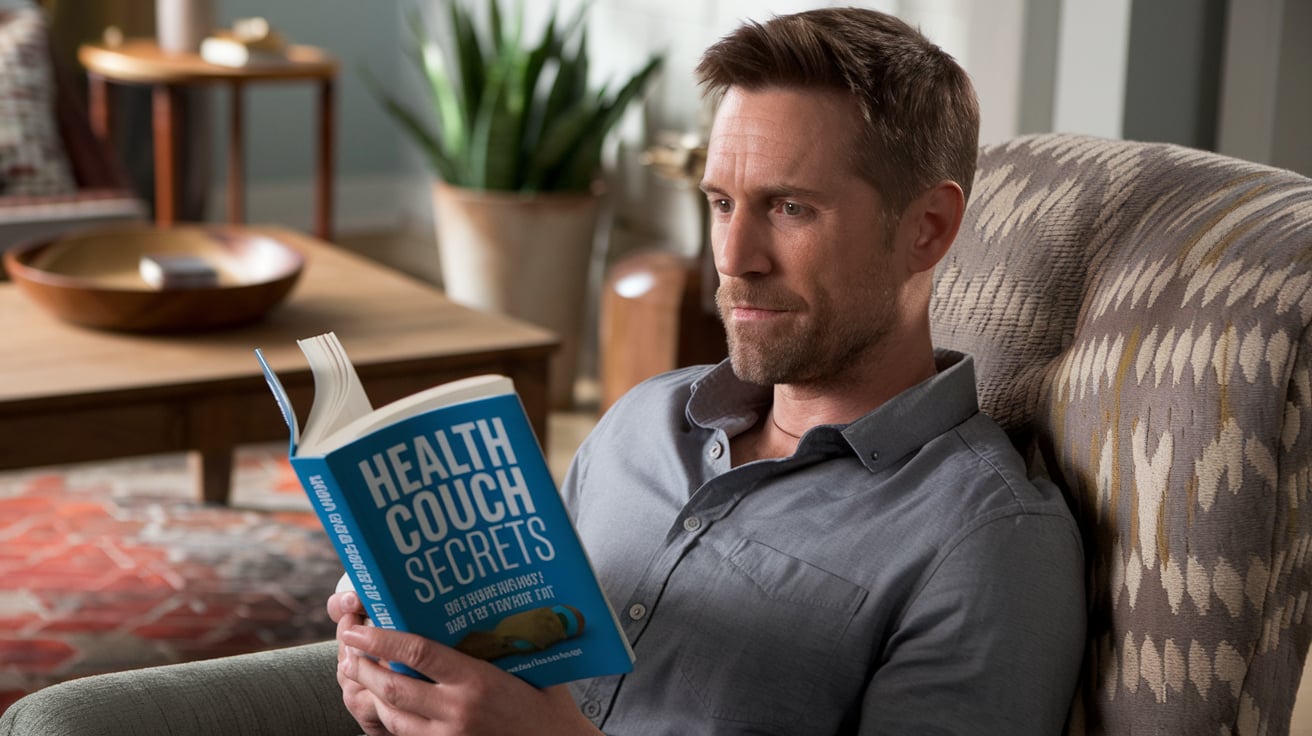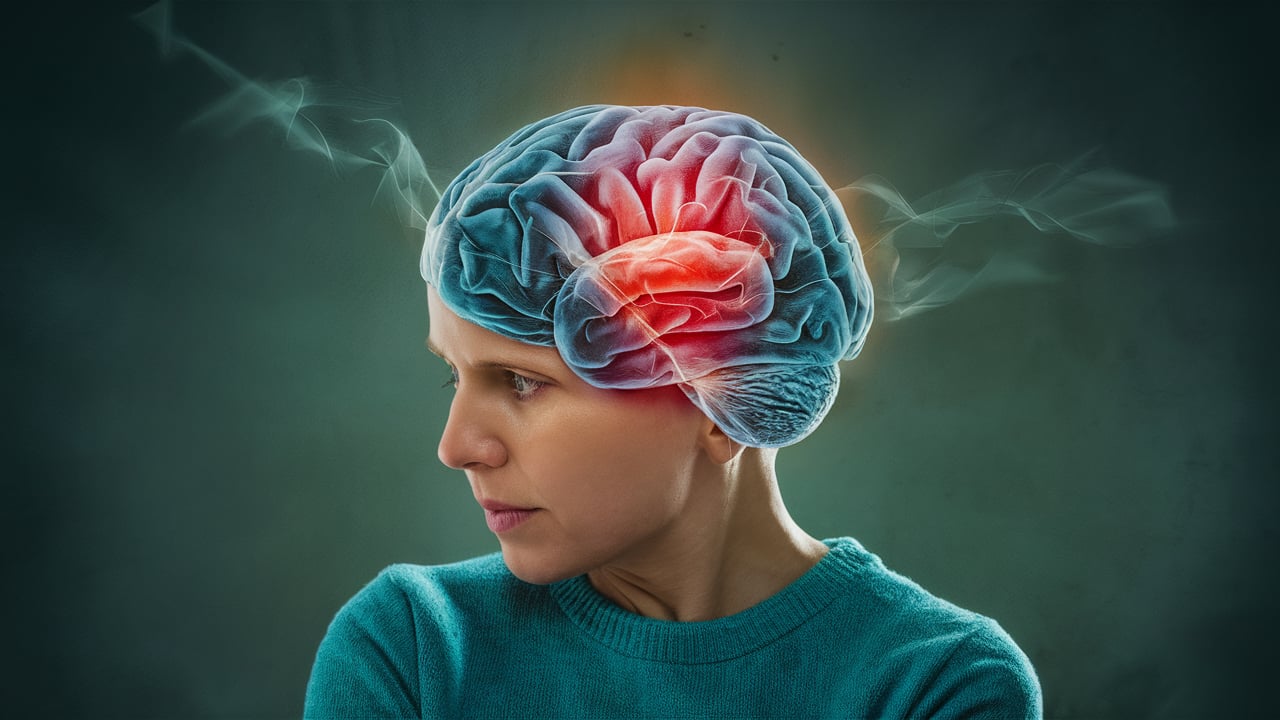Varicose veins are not just a cosmetic concern; they can cause discomfort and affect your quality of life. These enlarged, twisted veins, commonly appearing on the legs, can lead to pain, swelling, and even more severe complications if left untreated. Many people seek natural remedies as a first line of defense before considering medical treatments. This comprehensive guide explores effective natural remedies for varicose veins, addresses common myths, and provides insights on when to consult a healthcare professional.
Varicose veins are a common vascular condition affecting millions of people worldwide. These enlarged, twisted veins, often found in the legs, can cause discomfort, pain, and aesthetic concerns. Understanding and managing varicose veins effectively requires a comprehensive approach, combining lifestyle adjustments with appropriate treatments.
In this guide, we’ll explore various natural remedies that can help alleviate the symptoms of varicose veins and improve overall vein health. From the benefits of wearing compression socks to the importance of a healthy diet and regular exercise, we’ll provide actionable tips and insights to help you manage this condition effectively.
We’ll also delve into why certain remedies may not be as effective as expected and the importance of seeking professional medical advice. While natural remedies can play a significant role in symptom management, they are often best used in conjunction with medical treatments for optimal results. By understanding both the benefits and limitations of these approaches, you can make informed decisions about your health and well-being.
Understanding Varicose Veins
Varicose veins occur when veins, especially in the legs, become swollen and twisted due to weakened valves and weakened vein walls. Normally, veins have one-way valves that help blood flow towards the heart. When these valves fail or become damaged, blood can pool in the veins, causing them to become enlarged and varicose. Key risk factors include genetics, hormonal changes, prolonged standing, obesity, and aging.
Symptoms of varicose veins may include: – Aching or heavy feeling in the legs – Swelling of the legs and ankles – Itching around the affected vein – Skin discoloration or ulcers near the ankles
Popular Natural Remedies
- Compression Socks
Compression socks are a staple in managing varicose veins. They work by applying gentle pressure to the legs, which helps improve circulation and reduce swelling. The compression helps veins function more efficiently by preventing blood from pooling. These socks are available in various compression levels, so choose one based on the severity of your condition and your doctor’s recommendation. For best results, wear them throughout the day, especially during activities that involve prolonged standing or sitting.
- Elevating the Legs
Elevating the legs helps alleviate pressure in the veins by encouraging blood flow back to the heart. To do this effectively, lie down and prop your legs up on pillows or a cushion so they are above heart level. Aim to do this for 15-30 minutes, 2-3 times a day, or whenever you feel swelling or discomfort. This practice not only reduces swelling but also provides relief from the heavy, aching sensation associated with varicose veins.
- Exercise
Regular exercise is crucial for maintaining good vein health. Physical activities, particularly those that involve the legs, such as walking, swimming, and cycling, help strengthen the muscles around the veins and improve circulation. This reduces the likelihood of blood pooling and helps maintain healthy vein function. Incorporate at least 30 minutes of moderate exercise most days of the week to see significant benefits.
- Dietary Changes
Diet plays a vital role in managing varicose veins. Eating a balanced diet rich in fiber helps prevent constipation, which can exacerbate varicose veins by increasing abdominal pressure. Incorporate foods high in antioxidants, such as fruits and vegetables, which can improve vein health. Flavonoid-rich foods, like citrus fruits, berries, and onions, are particularly beneficial as they can help strengthen vein walls and improve circulation. Avoid excessive salt, which can lead to fluid retention and swelling.
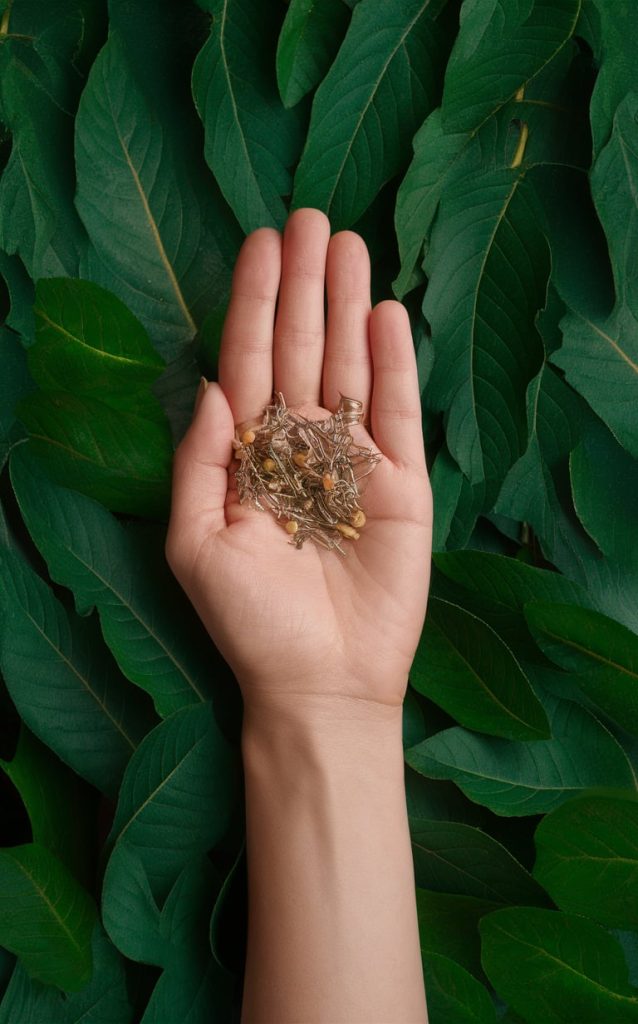
Remedies to Approach with Caution
- Essential Oils
Essential oils, such as lavender, cypress, and peppermint, are often touted for their potential benefits in managing varicose veins. Some users report that these oils help reduce symptoms like pain and swelling. However, scientific evidence supporting their effectiveness is limited. Essential oils should be used with care, diluted properly, and preferably under the guidance of a healthcare professional to avoid skin irritation or allergic reactions.
- Herbal Supplements
Herbal supplements like horse chestnut extract and grape seed extract are popular for supporting vein health. These supplements are believed to improve circulation and strengthen veins. However, their effectiveness varies, and potential interactions with other medications should be considered. Consult with a healthcare provider before starting any new herbal supplement to ensure it is safe and appropriate for your condition.
- Homeopathic Treatments
Homeopathy uses highly diluted substances to stimulate the body’s healing processes. While some individuals find relief from homeopathic treatments, scientific evidence supporting their efficacy for varicose veins is lacking. These treatments should be approached cautiously, and it is essential to consult with a professional to determine their suitability.
Analyzing Common Misconceptions
There are several misconceptions about natural remedies for varicose veins. Some people believe that remedies like apple cider vinegar or garlic can completely cure varicose veins. While these remedies might offer temporary relief, they are unlikely to address the underlying causes of varicose veins. It is important to rely on evidence-based practices and consult healthcare professionals to manage varicose veins effectively.
Lifestyle Adjustments for Prevention
- Healthy Habits
Maintaining a healthy weight is critical for preventing and managing varicose veins. Excess body weight increases pressure on the veins, exacerbating symptoms. Combine a balanced diet with regular physical activity to achieve and maintain a healthy weight. Avoiding weight gain and reducing obesity-related risk factors can also help in preventing the progression of varicose veins.
- Avoiding Risk Factors
To minimize risk factors, avoid prolonged periods of standing or sitting, which can contribute to the development of varicose veins. If your job or lifestyle involves long periods of standing, take regular breaks to move around and stretch your legs. For those with sedentary jobs, incorporate short walks and leg exercises into your daily routine.
- Daily Practices
Simple daily practices can significantly benefit vein health. Avoid tight clothing that restricts blood flow and stay hydrated to maintain healthy circulation. Regularly changing positions and stretching your legs can also support healthy vein function. Incorporate these habits into your daily life to help manage and prevent varicose veins.
When to Seek Professional Help
While natural remedies can provide relief, they may not be sufficient for everyone. If you experience severe symptoms such as intense pain, significant swelling, or skin changes, consult a healthcare professional. They can evaluate your condition and recommend advanced treatments like sclerotherapy, laser therapy, or surgical options if necessary.
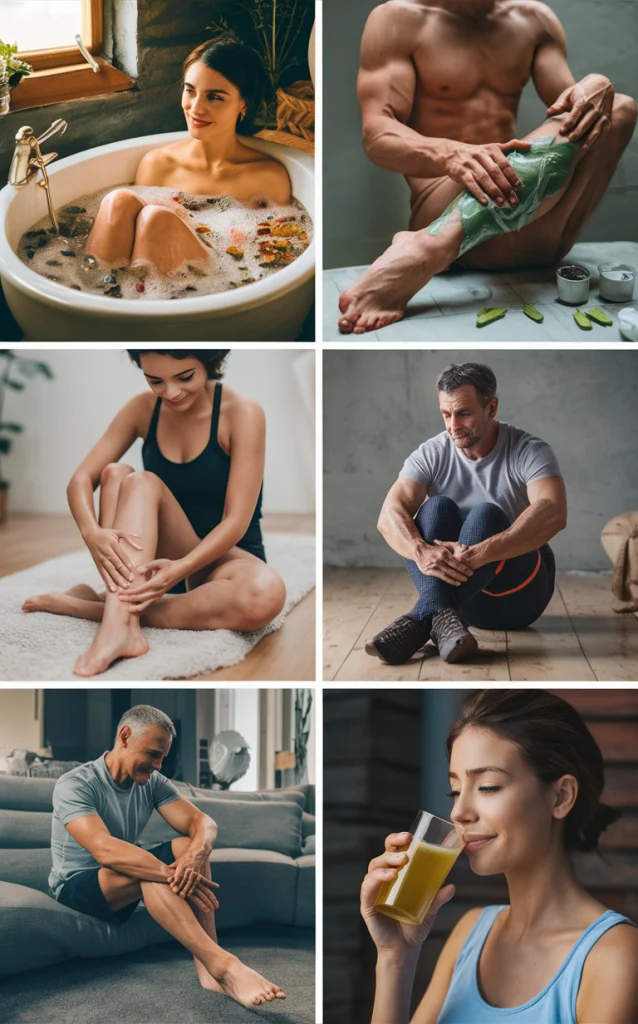
People Also Ask (PAA)
1. What are the most effective natural remedies for varicose veins?
Some of the most effective natural remedies for managing varicose veins include: – Compression Socks: These improve circulation by applying gentle pressure to the legs, helping to reduce swelling and discomfort. – Elevating the Legs: Raising the legs above heart level helps to alleviate pressure and promote blood flow back to the heart. – Regular Exercise: Activities like walking, swimming, and cycling strengthen the muscles around veins and improve overall circulation. – Healthy Diet: Consuming a diet rich in fiber and antioxidants supports vein health and reduces swelling. Foods high in flavonoids, such as citrus fruits and berries, can be particularly beneficial. – Hydration: Staying hydrated helps maintain good circulation and reduces fluid retention in the legs.
2. Can varicose veins be completely cured with home remedies?
While home remedies can help manage symptoms and improve comfort, they are unlikely to completely cure varicose veins. Remedies such as compression socks, leg elevation, and a healthy diet can alleviate symptoms and slow the progression of the condition, but they do not address the underlying vein issues. For a comprehensive treatment plan, including advanced options like sclerotherapy or laser therapy, consulting with a healthcare professional is recommended.
3. Are there any natural remedies that should be avoided for varicose veins?
Yes, some natural remedies should be approached with caution: – Essential Oils: While some essential oils may offer temporary relief, there is limited scientific evidence supporting their effectiveness. Essential oils should be used cautiously and diluted properly to avoid skin irritation. – Homeopathic Treatments: The effectiveness of homeopathic remedies for varicose veins is not well-supported by scientific evidence. These should be used with care and under professional guidance. – Unverified Supplements: Herbal supplements such as horse chestnut or grape seed extract can interact with other medications and may not be effective for everyone. Always consult with a healthcare provider before starting any new supplement.
4. How can exercise help with varicose veins?
Exercise helps manage varicose veins by: – Strengthening Leg Muscles: Regular physical activity, especially exercises that involve the legs, such as walking and cycling, strengthens the muscles around the veins, aiding in better blood circulation. – Improving Circulation: Exercise enhances overall circulation, which helps prevent blood from pooling in the veins and reduces the risk of vein enlargement. – Reducing Pressure: By promoting blood flow and reducing pressure in the veins, exercise helps alleviate symptoms such as swelling and discomfort.
5. How often should I elevate my legs to help with varicose veins?
To effectively manage varicose veins, it is recommended to elevate your legs for 15-30 minutes, 2-3 times a day. Elevating your legs above heart level helps reduce pressure in the veins, decreases swelling, and promotes better blood flow back to the heart. Regular leg elevation, especially after periods of prolonged standing or sitting, can provide significant relief and contribute to overall vein health.

6. Can diet impact varicose veins?
Yes, diet can have a significant impact on varicose veins. A diet high in fiber helps prevent constipation, which can exacerbate varicose veins by increasing abdominal pressure. Foods rich in antioxidants and flavonoids, such as fruits, vegetables, and whole grains, support vein health and reduce inflammation. Reducing salt intake can also prevent fluid retention and swelling in the legs. Maintaining a balanced diet supports overall vascular health and can help manage the symptoms of varicose veins.
7. What are the signs that I should see a doctor for varicose veins?
You should consult a healthcare professional if you experience: – Severe Pain: Intense or worsening pain in the legs that does not improve with home remedies. – Significant Swelling: Noticeable swelling in the legs or ankles that persists despite elevating the legs and other measures. – Skin Changes: Discoloration, ulcers, or sores around the affected veins. – New Symptoms: The development of new or unusual symptoms that could indicate complications. – Lack of Improvement: If symptoms persist or worsen despite using natural remedies, professional evaluation and treatment may be necessary.
Health Disclaimer:
The information provided on this blog is for educational and informational purposes only and does not constitute medical advice. Always consult with a qualified healthcare professional before making any health-related decisions or starting any new treatment. The content is intended to support, not replace, the relationship that exists between the reader and their healthcare provider. While we strive to provide accurate and up-to-date information, individual results may vary, and the effectiveness of any treatments or remedies discussed may not be guaranteed. For personalized medical advice, please consult your doctor or other licensed healthcare provider.
Conclusion
In summary, managing varicose veins effectively involves a multifaceted approach that includes both natural remedies and professional medical advice. While home remedies such as wearing compression socks, elevating your legs, and incorporating regular exercise into your routine can alleviate symptoms and improve circulation, they may not offer a complete cure for varicose veins. Adopting a balanced diet rich in fiber and antioxidants also supports vein health and reduces swelling. However, it’s essential to recognize that these methods are best used in conjunction with guidance from a healthcare professional.
For those experiencing severe symptoms or seeking a comprehensive treatment plan, consulting a specialist is crucial. Advanced treatments such as sclerotherapy or laser therapy may be necessary to address underlying issues and achieve long-term relief. Remember, individual results can vary, and what works for one person may not work for another.
Stay proactive about your vascular health by combining lifestyle changes with professional care. By taking these steps, you can manage varicose veins more effectively and improve your overall well-being. If you have persistent or worsening symptoms, don’t hesitate to seek expert medical advice to find the most suitable treatment for your condition.
Managing varicose veins effectively involves a multifaceted approach that includes both natural remedies and professional medical advice. While home remedies such as wearing compression socks, elevating your legs, and incorporating regular exercise into your routine can alleviate symptoms and improve circulation, they may not offer a complete cure for varicose veins. Adopting a balanced diet rich in fiber and antioxidants also supports vein health and reduces swelling. However, it’s essential to recognize that these methods are best used in conjunction with guidance from a healthcare professional.
For those experiencing severe symptoms or seeking a comprehensive treatment plan, consulting a specialist is crucial. Advanced treatments such as sclerotherapy or laser therapy may be necessary to address underlying issues and achieve long-term relief. Remember, individual results can vary, and what works for one person may not work for another.
Stay proactive about your vascular health by combining lifestyle changes with professional care. By taking these steps, you can manage varicose veins more effectively and improve your overall well-being. If you have persistent or worsening symptoms, don’t hesitate to seek expert medical advice to find the most suitable treatment for your condition.
For more information and resources on varicose veins and their management, visit our related articles and consult with a healthcare professional to tailor a plan that meets your specific needs. Engaging in a combination of preventative measures and medical interventions can significantly enhance your quality of life and help you navigate the challenges posed by varicose veins.
By staying informed and proactive, you can take control of your vascular health and work towards a more comfortable and healthy future.
